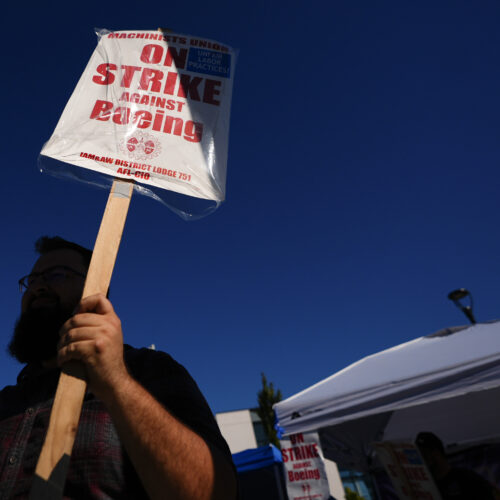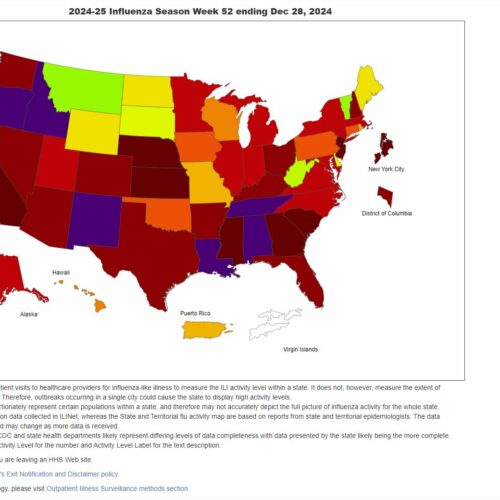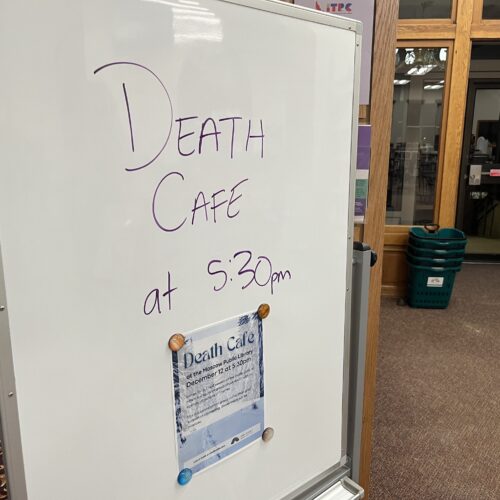
Lawmakers aim to pass bill so striking workers can access unemployment benefits
Listen
(Runtime 1:00)
Read
When workers go on strike in Washington state, they don’t earn a dime. A new piece of legislation could change that.
This bill would allow workers to eventually access unemployment benefits, starting the second Sunday after they began withholding their labor. Workers could claim up to four weeks of benefits through the state’s unemployment insurance, according to a co-sponsor of the bill, state Sen. Steve Conway.
That safety net can give workers more power to exercise their rights and negotiate with their employer, said April Sims, president of the Washington State Labor Council.
“ This bill would help level the playing field,” Sims said. “It would discourage economic hardships as a bargaining strategy and promote good faith contract negotiations.”
Having the option of unemployment pay on the table would have made a difference for Pearl Johnson, a room attendant at the DoubleTree by Hilton Hotel in SeaTac. Johnson, who has worked at the hotel for nearly 19 years, was one of about 400 employees at two Hilton hotels in SeaTac who went on strike twice last autumn.
“ If I was able to have that opportunity to withdraw unemployment, especially in that time, I probably wouldn’t have stressed so much about it,” Johnson said. “I lost a lot of sleep over it.”
Given the hardship of lost wages, Johnson said a few of her co-workers chose to cross the picket line and go to work.
“It’s a really hard decision, especially when you don’t have that security of an income coming in and you have to rely on friends, family and government to help you,” she said.
During the strikes, Johnson said she used food banks to feed her family, and went into credit card debt to keep up with bills. She and her co-workers kept striking. Johnson said they were able to accomplish what they set out to do, but she said she’s still trying to recover from the wages she lost during the strikes.
“It really did hurt us,” Johnson said.
The bill would likely make the greatest difference for low-wage, service sector employees who often don’t have the resources to go on strike, Sims said, which she said employers use as leverage to bargain in bad faith.
“This bill is designed to particularly help low-wage workers meet the challenges of getting a first contract, which is always very difficult,” said Conway, who is vice chair of the Senate Labor and Commerce Committee.
While labor unions often create strike funds for members, Conway said those funds never replace wages. The bill would put the onus on the employers that employees are striking from to take on the costs of the unemployment insurance. Analysis of the bill suggests it will not lead to an increase in unemployment insurance costs, because there won’t be that many people using the benefit, Conway said.
“ It does put pressure on them to reach a agreement across the bargaining table and to find a middle ground,” he said.
Conway called out companies that he said have refused to bargain with their employees in good faith, such as when Boeing machinists were striking last year. The bill pressures employers to come to a resolution with employees before a strike.
If Washington passes the legislation, it would join New York and New Jersey in granting this benefit to striking workers. In other states, including Oregon, Utah and Arizona, workers are eligible for unemployment benefits while on strike if the dispute resulted from the employer breaking either labor law or the union contract, according to the U.S. Department of Labor.
Lawmakers did pass a version of this bill in the House last year, said Brenda Wiest, vice president and director of government affairs for Teamsters Local 117. But Wiest said time ran out in the Senate.
This session, there are some new senators who are moving over from the House, meaning they have already seen a form of this bill, Wiest said, making her and other labor leaders hopeful the bill will become law this go-round.
Last year, Washington passed legislation to ensure striking employees would have access to health insurance.
















